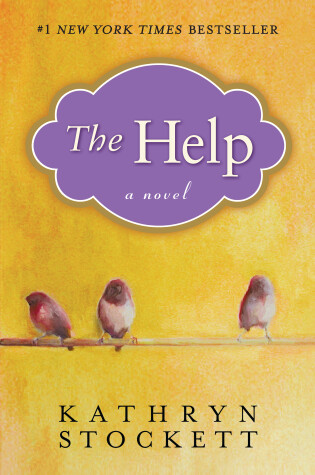Reviewed by Briana @ Pages Unbound on
Abileen is basically the embodiment of the message of the book itself (and Stockett is unambiguous that there is a message): All of us are human and we need to be kind to everyone in order to help each other through the hardships of life. There are a few key moments the readers can see the characters doing just this, and frankly these scenes are more moving than all the descriptions of the mistreatment of the maids. They provide necessary glimpses of what the world could be like that allow people to dream all the more.
Heartwarming characters and messages aside, however, The Help did have a few flaws. From the very first page, the dialect used for the colored maids simply seemed off to me. I certainly am no expert on what their speech should sound like, but it still came across as inaccurate. In Aibileen’s case, it was even unrealistic because she is described as a rather voracious reader and writer. There was also a glaring contrast between the maids’ speech and the white characters’ speech, who all used perfect grammar at all times. I have no doubt that Stockett had no intention of being stereotypical and did her best to portray linguistic characteristics she may not be especially familiar with, but the shortcomings of her efforts are glaringly present throughout the book.
The greatest flaw, however, is the book’s lack of an ending. Basically, the story just stops. Although there are a number of storylines that could be tied up—Aibileen’s, Skeeter’s, Minny’s, and a decent number of minor characters’—none of them are. Yes, life is going to go on for these characters so it is not really the end, and since Skeeter’s book was just released it is really a beginning. However, Stockett could have attempted some type of conclusion or tone of finality. Instead, I was left with mental images of characters walking away, and I really had no idea where they were going.
The Help is a good book and a good debut novel. Stockett simply has a few areas in which she can improve when she starts working on new books.
This review was also posted on Pages Unbound Book Reviews.
Reading updates
- Started reading
- 9 October, 2011: Finished reading
- 9 October, 2011: Reviewed

